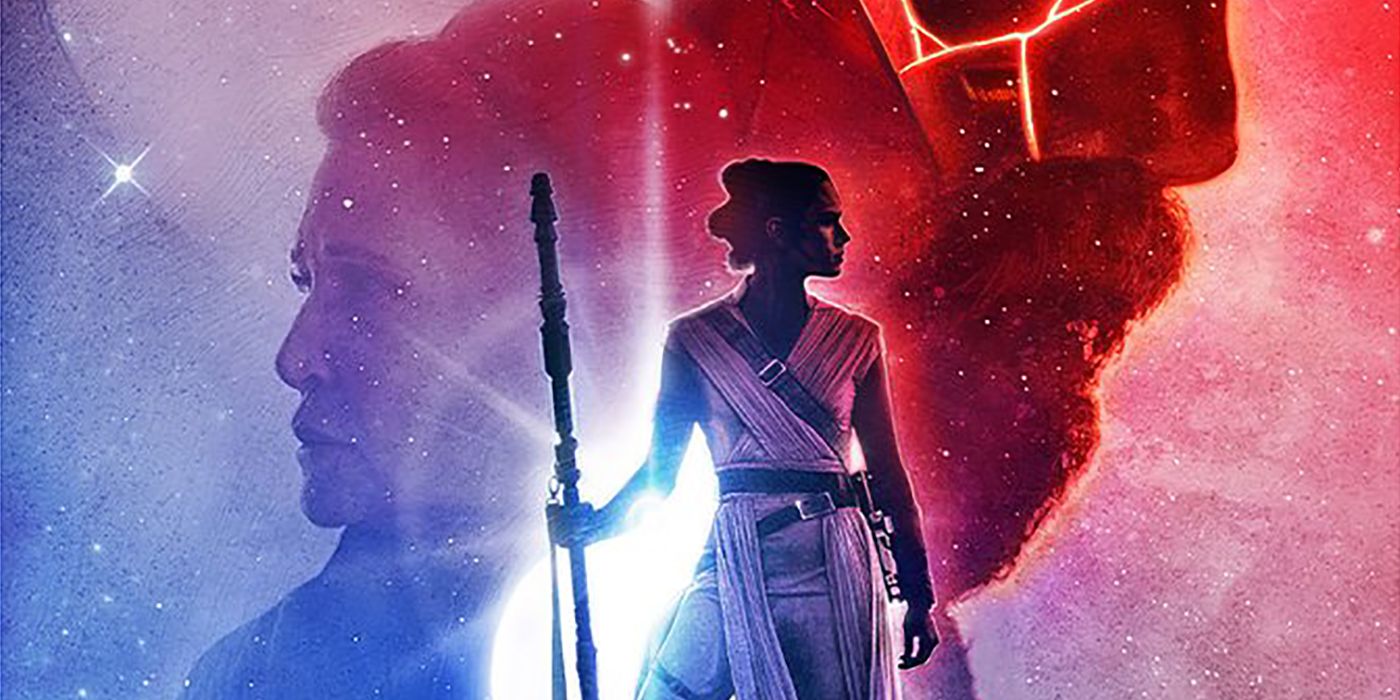The Force has been an ever-evolving source of power in the Star Wars universe, and in Star Wars: The Rise of Skywalker, that evolution will continue, according to director J.J. Abrams.
“It was really important that we not just redo the things you’ve seen, but add new elements -- which we knew will infuriate some people and thrill others,” Abrams told Vanity Fair.
Some new aspects of The Force, such image projection and long-distance mind communication, were revealed in Star Wars: The Last Jedi, and were indeed controversial among fans. In one of The Rise of Skywalker's trailers, the Force-adept Rey appears to fly -- a possible example of one of the new elements mentioned by Abrams.
“The challenge on this film, being the end of three trilogies, was to tell a story that not only feels inevitable but also feels surprising,” Abrams added.
The latest films aren't the first to expand of the power set of The Force. Star Wars: The Phantom Menace introduced the abilities of super speed and pushing objects from a distance. Star Wars: Return of the Jedi showed Emperor Palpatine wielding Force lightning, and Darth Vader, Luke Skywalker and Yoda all demonstrated the power to move objects large and small in Star Wars: The Empire Strikes Back.
So while introducing new possibilities regarding The Force might be controversial, it's also nearly as old as the franchise itself.
Directed and co-written by J.J. Abrams, Star Wars: The Rise of Skywalker stars Daisy Ridley, Adam Driver, John Boyega, Oscar Isaac, Lupita Nyong'o, Domhnall Gleeson, Kelly Marie Tran, Joonas Suotamo, Billie Lourd, Keri Russell, Matt Smith, Anthony Daniels, Mark Hamill, Billy Dee Williams and Carrie Fisher, with Naomi Ackie and Richard E. Grant. The film arrives on Dec. 20.

